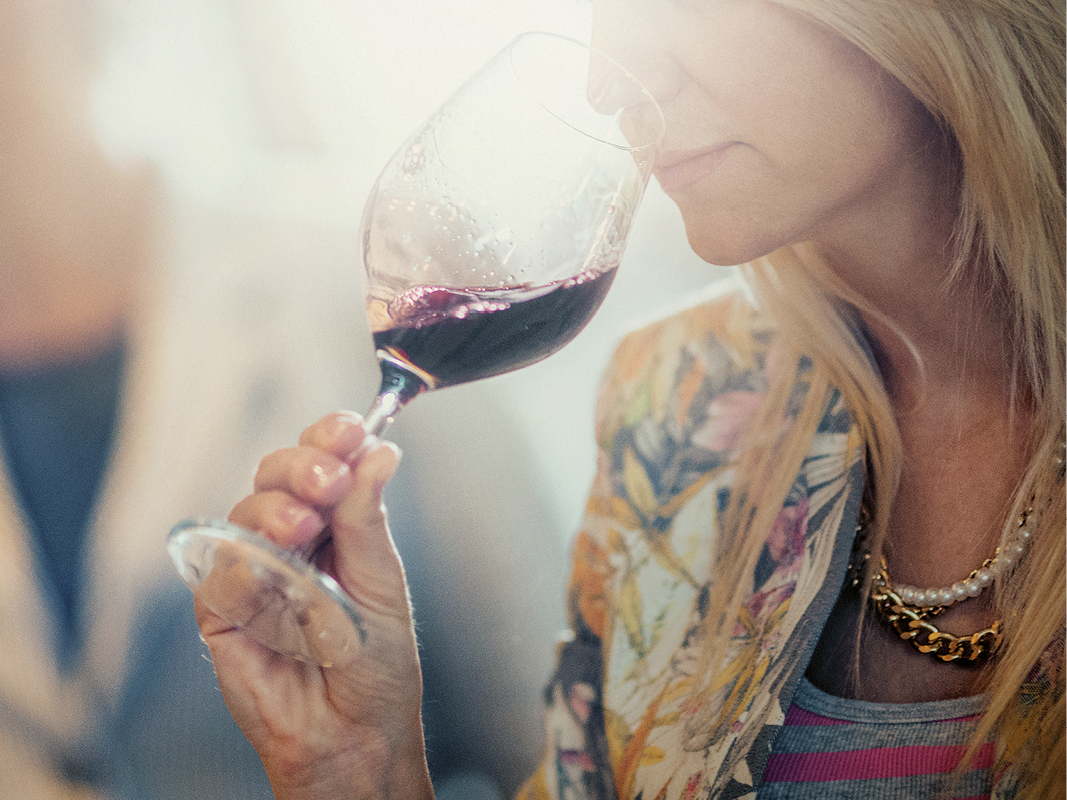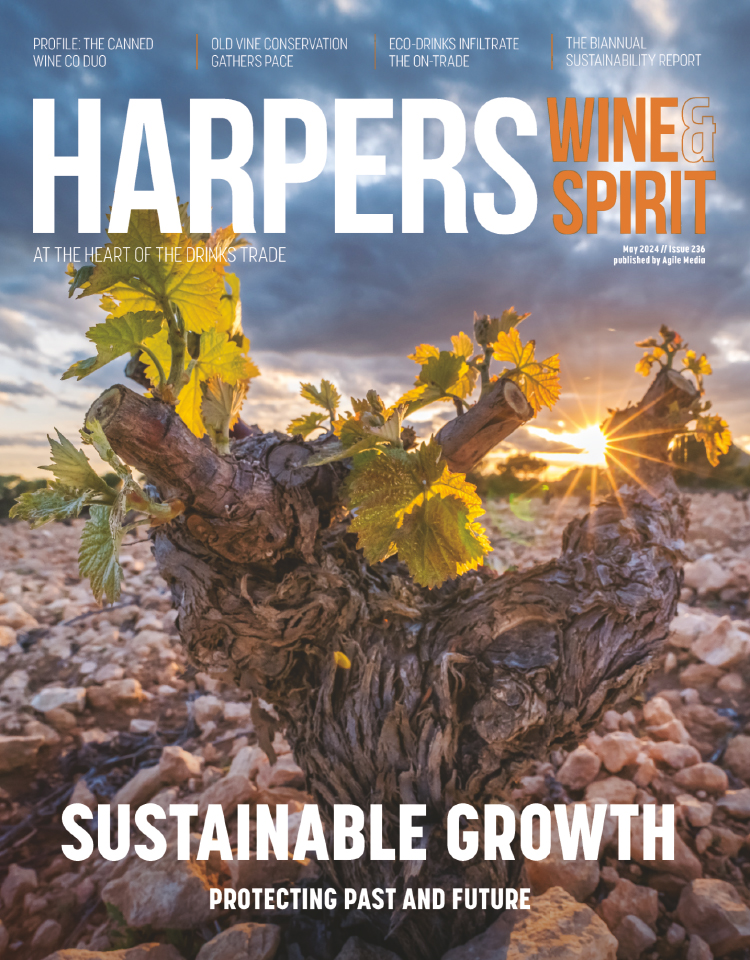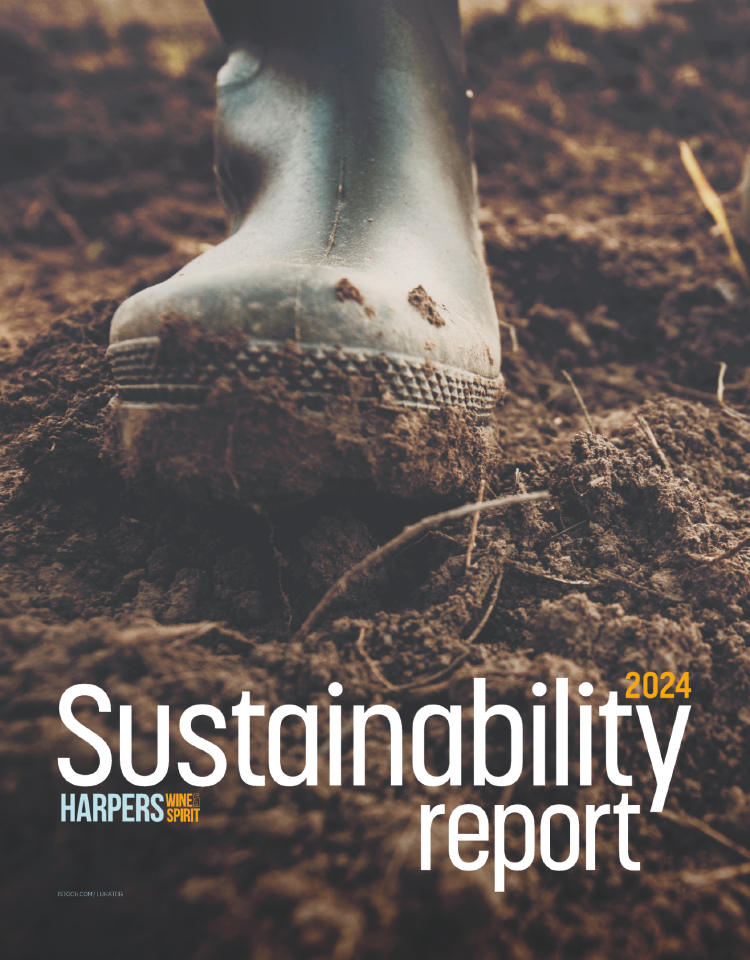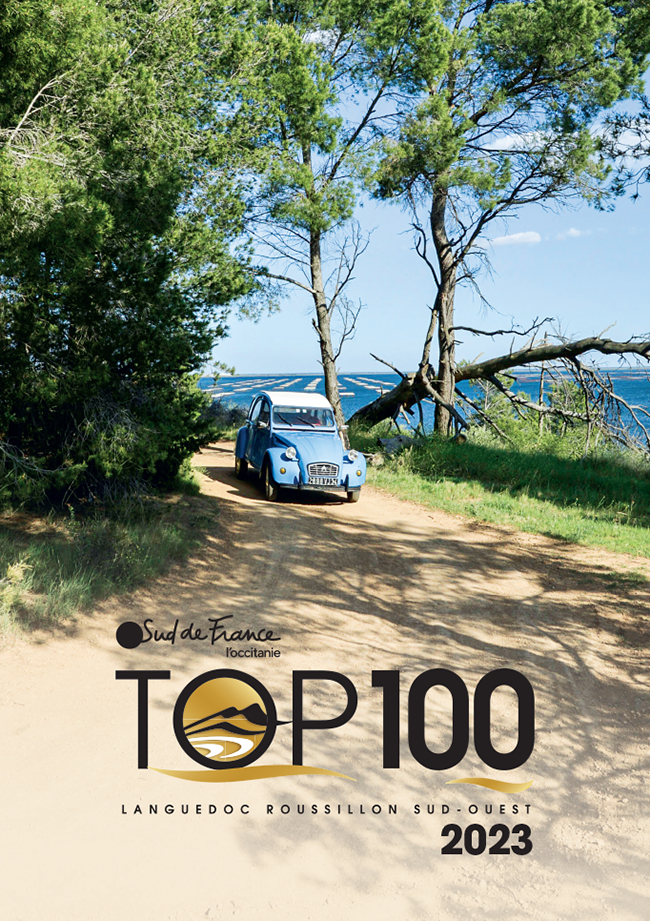
Lipstick effect brightens up sales of alcohol – until reality (duty) bites?
Economic depression tends to lead consumers to splash out on little luxuries. This is the idea behind the ‘lipstick effect’, coined by Estée Lauder’s Leonard Lauder to describe the rocketing rise of lipsticks in 2008, post the 9/11 attacks in New York and while global markets teetered on the brink of financial meltdown. By extension – and with the cost of living and wage stagnation pushing prices higher – alcohol still seems to fall within a comparatively ‘affordable luxury’ bracket.
Research carried out by price comparison site Idealo, which draws on recent ONS statistics as well as its own data, reveals the demand for lipsticks has skyrocketed by over 1,000% since the cost-of-living crisis began – the same time that mortgage rates began to outpace wages like never before.
Alcohol has witnessed a similar effect, too. According to ONS figures, total spend within the category has also risen since the pandemic, shooting up by 14% for wine. Spending on wine across the UK now totals an annual average of £7.2 billion and is expected to reach £7.5 billion in 2023 – a £300 million increase.
- Read more: Over the line on duty
Of course, inflation – which impacts the affordability of goods – has also had an impact. The cost of living increased sharply across the UK during 2021 and 2022, with the annual rate of inflation reaching 11.1% in October 2022 (a 41-year high), before easing to 7.9% in June this year.
As a result, the average cost of a bottle wine of on the shelves in the UK now sits at over £6. The upper end of the scale is of course almost infinite. However, there is a wealth of quality to be mined up to and including the super premium mark, which sits at +£25 for spirits and +£16 for wine, according to IWSR definitions.
With inflation sky-rocketing, the price of alcohol rises too, pushing value sales higher. But even as prices soar, there is encouragement to be found in alcohol’s resilience. For the boost of a couple of glasses of their favourite tipple, clearly, consumers are still willing to pay.
While alcohol spend overall has managed to keep pace with inflation however, other parts of the market is suffering. Just last week, UK Hospitality (UKH) warned that higher interest rates – which the Bank of England increased on Thursday to 5.25%, the highest level for 15 years – risks stifling hospitality growth.
The hospitality sector has debts to the tune of £10bn as of August 2023. If it is forced to prioritise loan repayments rather than business investment, the consequences could be stark.
“Combined with other cost pressures across energy, food and drink, this is quickly becoming a ticking time-bomb that needs urgent attention,” UKHospitality chief executive Kate Nicholls said.
“A direction from the Chancellor to banks to adopt a flexible approach to business borrowing and repayments would be a lifeline for many,” she added, while also calling on UKH’s members to respond to an Ofgem consultation by 6 September.
Among other things, UKH is asking the energy provider to encourage suppliers to work with hospitality businesses to resolve issues with prices, which are fixed far above current market rates.
It is a stark time for the alcohol industry. The pandemic effect still seems to be in full swing, with consumers spending up at home in order to offset the greater cost of going out.
However, this spending behaviour is yet to see the impact of the 1 August duty rises, which are set to add 44p to the price of an average bottle of wine (53p including VAT), while hitting fortified styles even harder.
In the short-term, says Bordeaux winemaker Gavin Quinney, who has kept a close eye on the changes to UK duty in recent months, “There’s going to be an almighty bunfight as everyone tries to shift stock that they’ve just paid the current duty on. After that, I worry about the reduced choice due to red tape – that depth of what’s on offer being a real plus for the UK consumer to date.”
He continues: “The clear and present danger is that this will hit hospitality hard. Does our PM, as he poses pulling pints for the cameras, have any idea what £2.67 duty does to the list price of wine in a pub or restaurant? It adds around £12-18 a bottle, depending on merchant and restaurant markups. People have got into the habit of not eating out and paying £25-30 for a comparable bottle that they can have at home for a third of the price.
“I’ve just come back from Spain, where VAT is 10% on wine in restaurants, as well as on food – and no duty of course. Imagine!”







